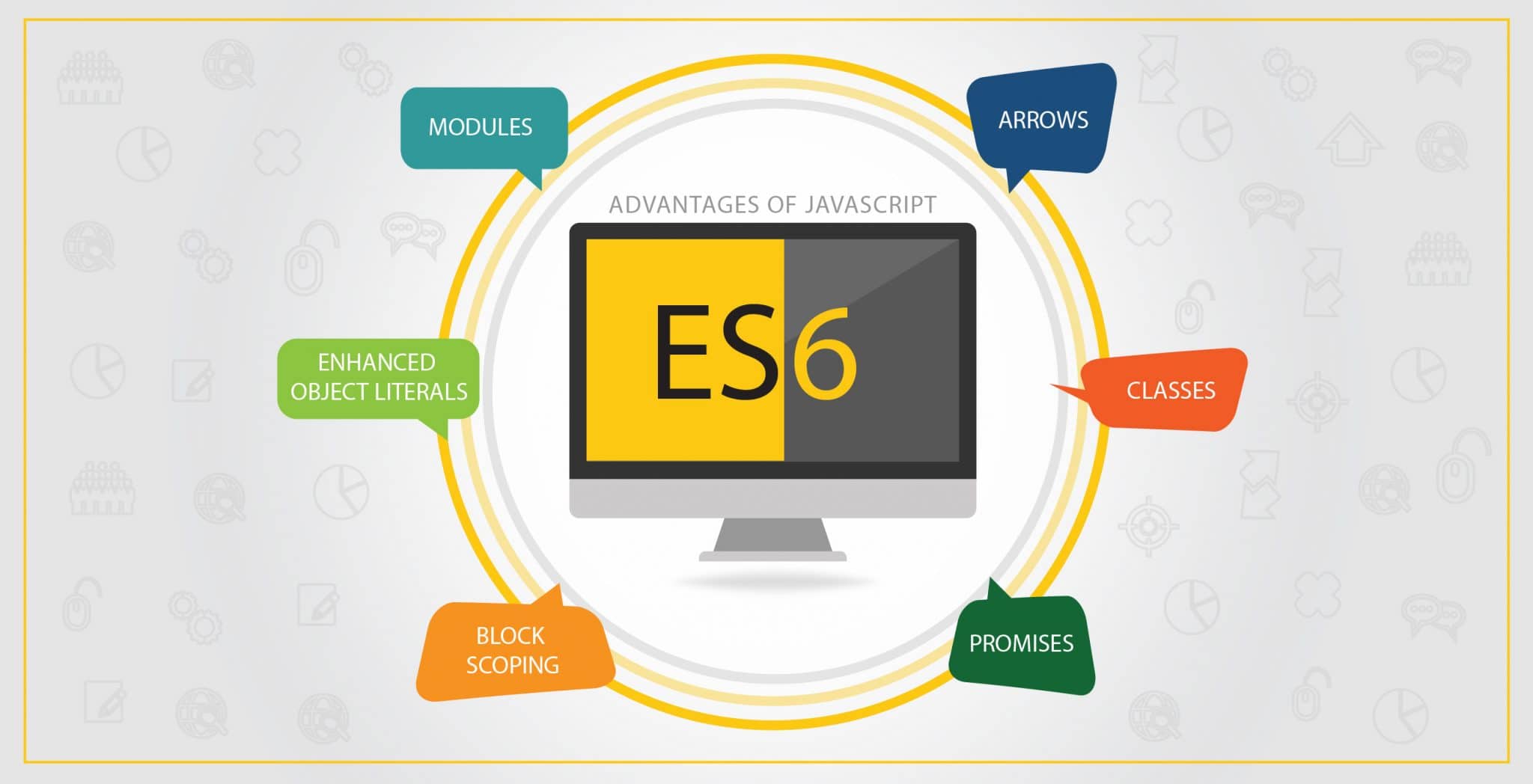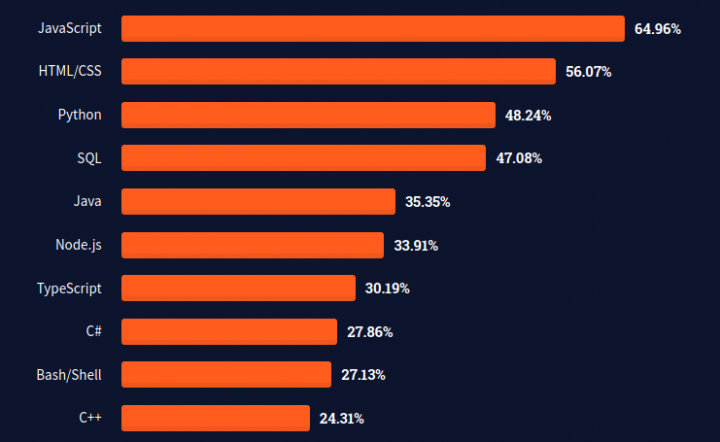JavaScript, often abbreviated as JS, is a programming language that has become an indispensable part of the modern web. It's the scripting language that brings websites to life, adding interactivity, dynamism, and functionality that would otherwise be impossible with static HTML and CSS.
Understanding Vanilla JavaScript
Before diving into the complexities of frameworks and libraries, it's essential to grasp the fundamentals of vanilla JavaScript. This refers to the core language without any external dependencies.

DOM Manipulation: JavaScript interacts with the Document Object Model (DOM), allowing you to manipulate HTML elements, styles, and content dynamically.
Event Handling: This enables you to respond to user interactions like clicks, mouse movements, and keyboard input.
Asynchronous Programming: JavaScript's asynchronous nature allows you to handle tasks without blocking the execution of other code, essential for building responsive applications.
The Rise of ES6 and Beyond
ES6, also known as ECMAScript 6, marked a significant advancement in JavaScript. It introduced features like:
Arrow Functions: A concise syntax for writing functions.
Classes: Object-oriented programming capabilities.
Modules: Improved code organization and reusability.
Promises: A cleaner way to handle asynchronous operations.
Template Literals: Enhanced string interpolation.
These additions have made JavaScript more powerful and developer-friendly.

JavaScript's Enduring Relevance
Despite the emergence of numerous frameworks and libraries, JavaScript remains the backbone of web development. Here's why:
Universal Language: It runs on virtually every web browser, ensuring cross-platform compatibility.
Versatility: JavaScript's capabilities extend beyond the browser, with Node.js enabling server-side development.
Large Community: A vast and active community ensures continuous development and support.
Performance Improvements: Modern JavaScript engines deliver impressive performance, making it suitable for demanding applications.
While frameworks and libraries offer additional tools and abstractions, understanding vanilla JavaScript is crucial for building robust and efficient web applications.

In conclusion, JavaScript's versatility, widespread adoption, and continuous evolution solidify its position as a cornerstone of web development. By mastering the fundamentals of JavaScript, you'll be well-equipped to tackle complex projects and stay ahead in the ever-changing world of web technologies.
Thank you for reading till here. If you want learn more then ping me personally and make sure you are following me everywhere for the latest updates.
Yours Sincerely,
Sai Aneesh

